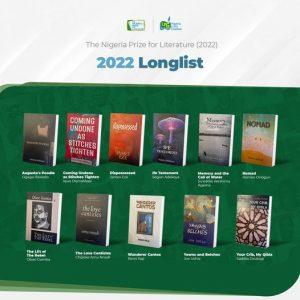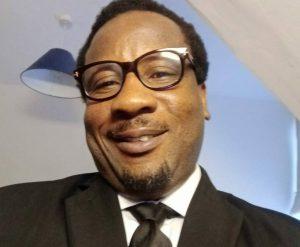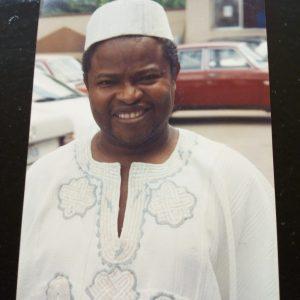As the eleven poets longlisted for the 2022 edition of the Nigeria Prize for Literature are set to read in Lagos, AKEEM LASISI writes on the dynamics of the long-surviving award instituted by Nigeria LNG

In a few hours, the MUSON Centre, Lagos, is expected to practically become a galaxy of poets. On Sunday afternoon, it will host the 11 disciples of the muse longlisted for the 2022 edition of the Nigeria Prize for Literature. Although MUSON was primarily established to promote classical music, it has some intimacy with poetry. Apart from having hosted a good number of poetry collection presentations, it at times stages a poetry competition as part of its annual festival. Besides, it had earlier hosted one or two readings of the Nigeria Prize.

The Sunday’s programme organised by the Committee for the Relevant Arts promises to be as interesting as the outcome of the $100,000 prize itself. It will be great to listen to the making of each of the collections that the judges found worthy of getting to the second round of the highly competitive prize. Of course, seeing and hearing the poets read will be fun for lovers of the verse, just as the longlist ritual will, as usual, bring together members of the literary and other related communities.

The richness of the list suggests that the judges have an intriguing job in hand. Many of the pen wielders are experienced poets with a history of beautiful and winning offerings. Besides, the list provides a diverse bouquet of voices and stylistic tendencies that ha e to be examined with often uniform criteria.
On the list are Ogaga Ifowodo (Augusta’s Poodle) Iquo Diana Abasi (Coming Undone As Stitches Tighten), James Eze (Dispossessed), Segun Adekoya (Ife Testament) and S. Su’eddie Agema (Memory and the Call of Waters).

Others are Obari Gomba (The Lilt of the Rebel), (Romeo Oriogun ( Nomad), Chijioke Amu Nnadi (The Love Canticles), Remi Raji (Wanderer Cantos), Saddiq Dzukogi (Your Crib My Qibla) and Joe Ushie (Yawns and Belches).
Interestingly, the composition of the judges tends towards being experimentational and/or innovative, featuring more of literary practitioners as different from the scholars/academic that used to dominate the jury. The Literature Prize Committee Chairman, Professor Akachi Ezeigbo indeed admits that the composition is revolutionary. While Professor Sule Egya combines the two worlds, Toyin Adewale and Dike Chukwumerejie are in the production end. Here are bits of their profiles:
Egya has written over one hundred scholarly articles and literary essays. His first novel, Sterile Sky, won the 2013 Commonwealth Book Prize for the Africa Region. His poetry volumes include What the Sea Told Me, which won the 2009 ANA/Gabriel Okara Prize.

Toyin Adewale-Gabriel is a poet and narrator. She has worked as a literary critic in The Guardian, Post Express and The Daily Times. She is often described as “the most beautiful and outstanding voice of the new African poetry.”
Dike Chukwumerije is a spoken word and performance poetry artist and an award-winning author. He has published several books and is the brain behind Night of the Spoken Word, a live poetry show. He also won the 2013 Association of Nigerian Authors (ANA) Prize for Prose Fiction.

As usual, CORA, founded and driven by indefatigable Jahman Anikulapo and Toyin Akinosho, will hopefully give the audience a memorable mix, and sharpen their appetite to read the works and show poetry more love. Of course, with the reading and the prize generally, Nigeria LNG Limited also stands to retain honour it has earned among writers and other cultural practitioners. Like play, like play – as the saying goes – it has sustained the prize since 2004, making it the longest-surviving and consistent corporate-sponsored literary competition in Nigeria.

So interesting is also the fact that the sum, which was initially $20,000, has sumptuously remained $100,000. If literature should, at times, thus be measured in monetary value, one can only imagine how much of the company’s wealth has indirectly, even if deservedly, been transferred to the literary kingdom. And it may not be easy to calculate this because of the other costs understandably associated with the project. The country surely needs more of the NLNG, especially in a clime where endowment fund is a taboo.

Beyond financial consideration, the Nigerian Literature Prize has also helped to raise the bar across genres. There is no doubting the fact that the competition is keen, thus helping to boost craftmanship alongside productivity.



